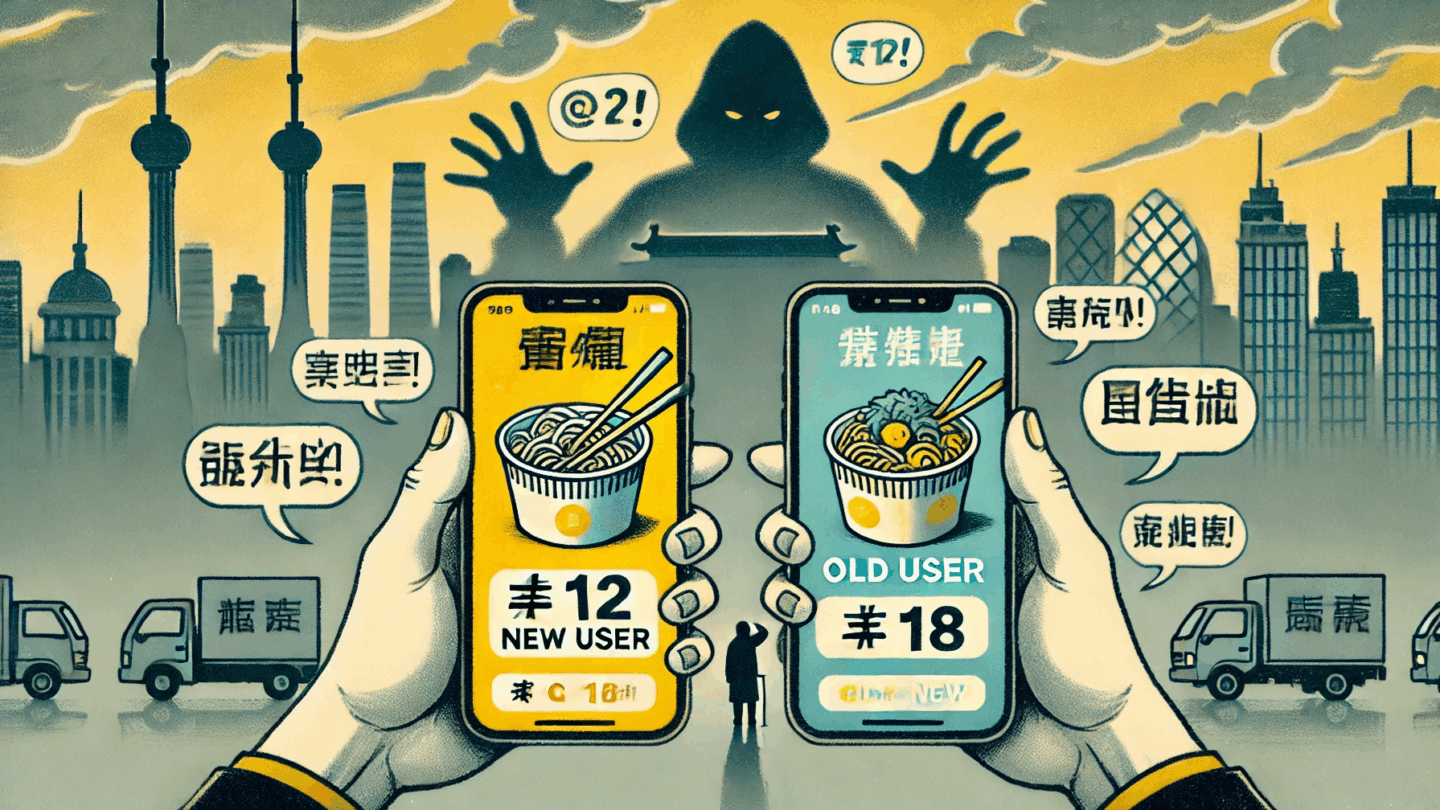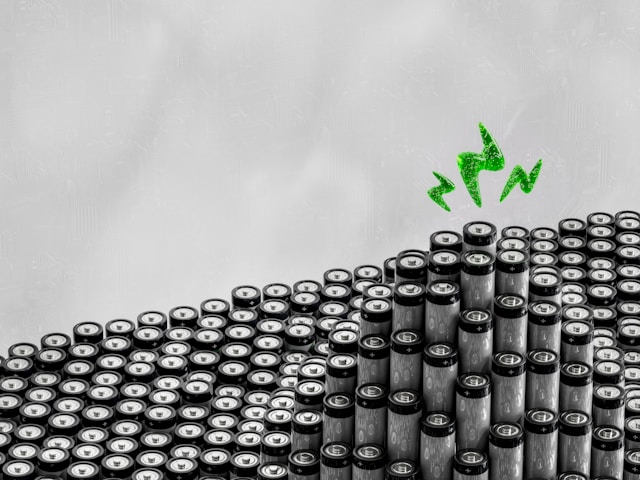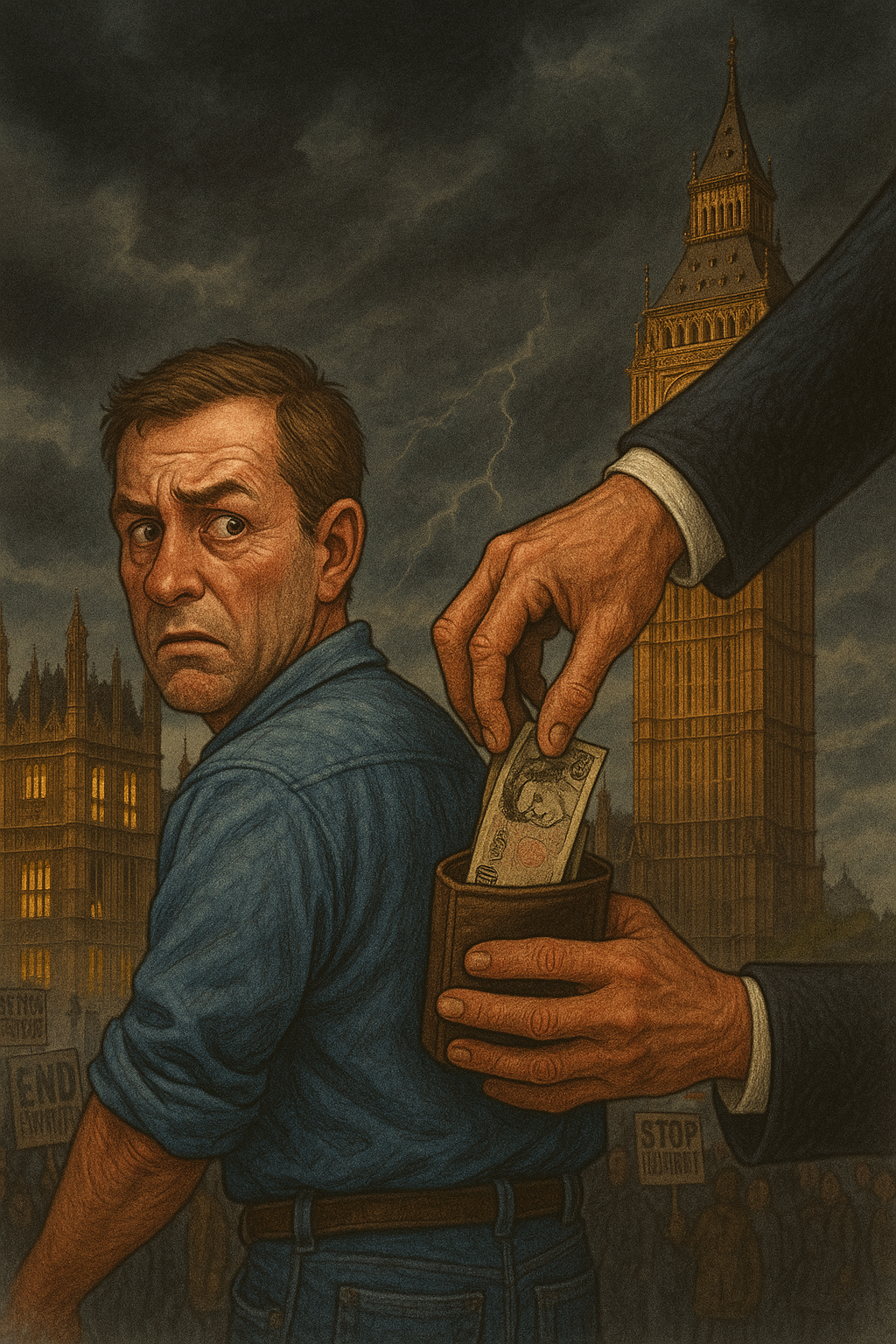Given that the country is in lockdown, there has perhaps been no better time to watch classic TV shows and films. This has never been easier thanks to the miracle of consumer capitalism providing us with affordable and reliable streaming services such as Disney+ and Netflix.
One such classic film is Disney’s Snow White and the Seven Dwarfs. In addition to being an entertaining way to spend 83 minutes as you marvel at the skill of the animators, it also has much to teach us about the correct public policy response in times of crisis.
Coincidentally, the film spends a disproportionate amount of time on the importance of washing your hands. Sage advice at any time, but especially during a pandemic.
However, what I want to focus on is not the personal and public health benefits of cleanliness and hygiene, but rather the economy in which Snow White inhabits. There is clearly something not quite right.
At the beginning of the film, we get to see inside a castle. What’s striking about it is just how few possessions Snow White and the Queen have. Then there are the dwarfs. We know that they spend their time toiling in mines where they extract huge jewels. They do not, however, appear to be wealthy, as they live in a hovel and all seven of them share a single bedroom. The dwarfs’ poverty suggests, along with the fact that the precious stones are locked away, that there is no market for them. All of this points to some kind of economic shock.
The scenes of deprivation, coupled with the obsession with work (there are two songs devoted to how great working is), reflects the anxieties and realities of life during the Great Depression when the film was made. It was a time when huge numbers of people were forced into penury, as job opportunities, prices, profits, incomes and economic growth all dropped dramatically. In response, US president Franklin Roosevelt implemented the New Deal, with job creation schemes where people were paid to work on projects such as building dams.
In Snow White, art imitates life. The dwarfs are poor, seem obsessed with work, and recognise that there is little point to their labour as they sing “we don’t know what we dig ’em for, we dig dig dig a dig dig”.
The Great Depression itself followed a crisis, and the effects were exacerbated by poor public policy decisions. The Wall Street crash was a shock to the US and global economy, but the damage caused could have been far less extensive if politicians and officials had got the response right.
As Milton Friedman and Anna Schwartz explained in their A Monetary History of the United States, 1867-1960, not only did the monetary policy decisions of the Federal Reserve contribute to the crash, it also exacerbated the economic crisis, which ensured that rather than the US experiencing a small economic downturn, the entire world was plunged into a depression.
It was not just central bankers who were to blame, politicians also made mistakes. Government job creation schemes further distorted the economy by taking people away from more productive activities, while damaging taxes were levied which hampered the recovery. Barriers to trade were also introduced in a failed attempt to protect jobs.
All of this demonstrates that monetary and fiscal policy are important, especially when it comes to responding to crises.
So far, the Bank of England and the UK government should be applauded for how they have responded to the coronavirus crisis. It is right that interest rates were cut and that the Treasury implemented policies to ensure that otherwise viable businesses do not go bust and that people do not lose their jobs. All this should help to ensure that once things return to normal, the economy should start to pick up and a lengthy recession or depression is avoided.
However, there are worrying signs that damaging economic policies may be introduced. For example, there is talk of tax rises to fund the rescue packages. While steps must be taken to get our public finances in order, introducing higher taxes will only hinder the economic recovery. The government should instead focus on supply-side reforms, which will boost economic growth and generate more revenue for the Treasury.
Then there is international trade. Some will seek to exploit the crisis by saying that the UK should be less reliant on other countries and, therefore, implement tariffs on imports and stop trading with China. Although the Chinese Communist party is an evil regime whose lies contributed to the spread of the virus, introducing more trade barriers would be a mistake.
International trade has brought economic growth on a scale unprecedented in human history. Not only has it lifted countless billions out of poverty in Asia, it has also brought enormous wealth and prosperity to the UK.
Snow White shows us that the way governments respond in crises really does matter. During Covid-19, we should learn the lessons of the Great Depression and implement policies that help rather than hinder economic growth.
















